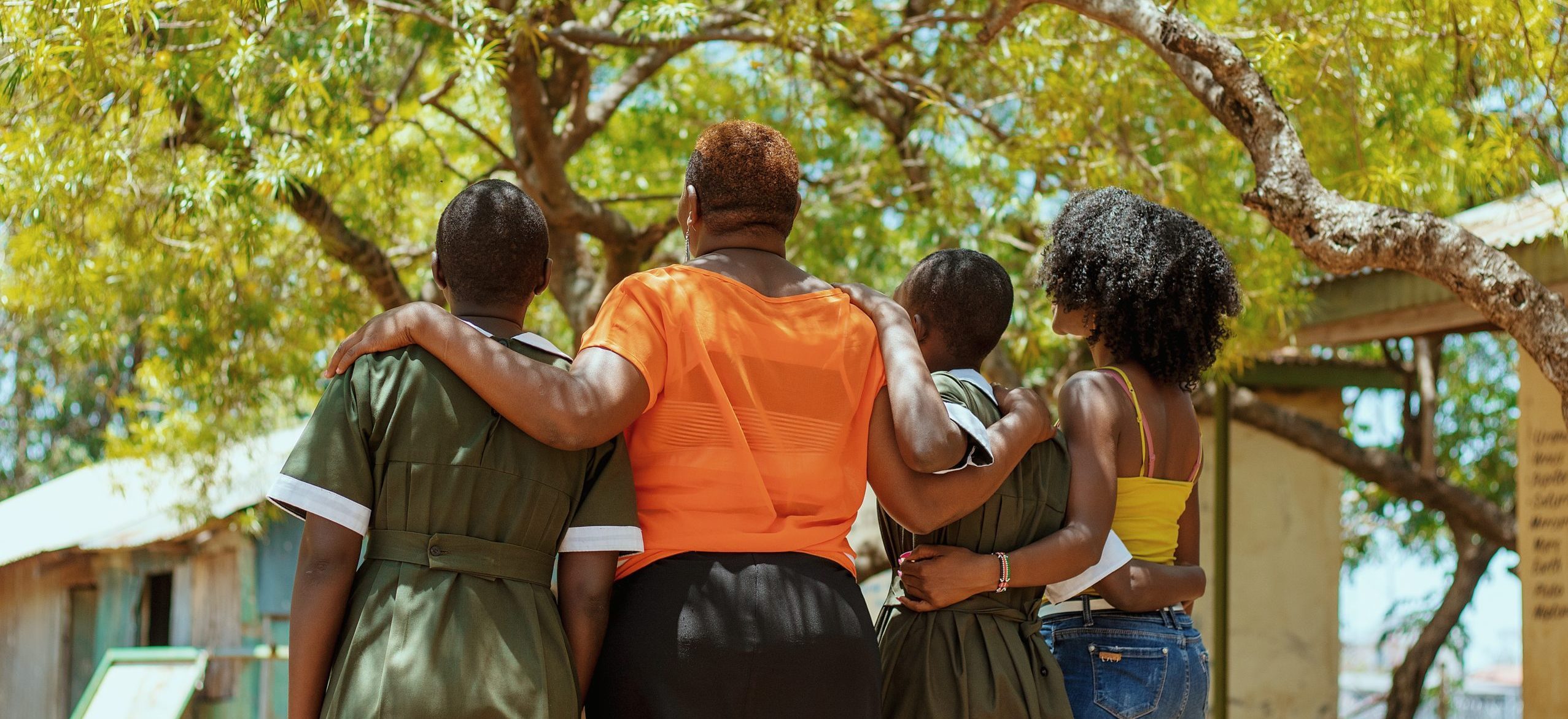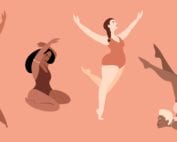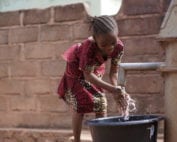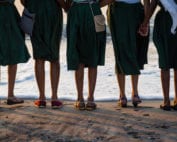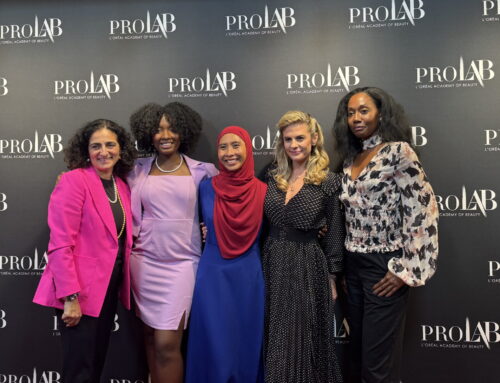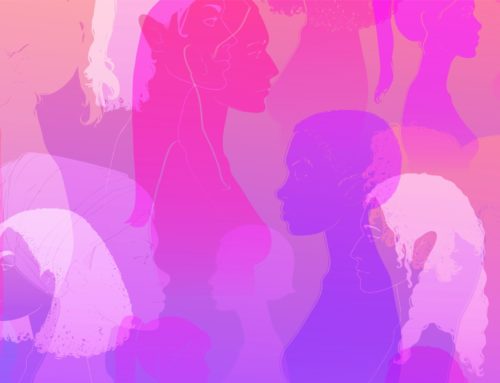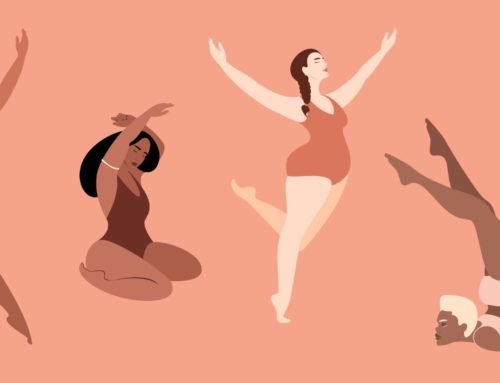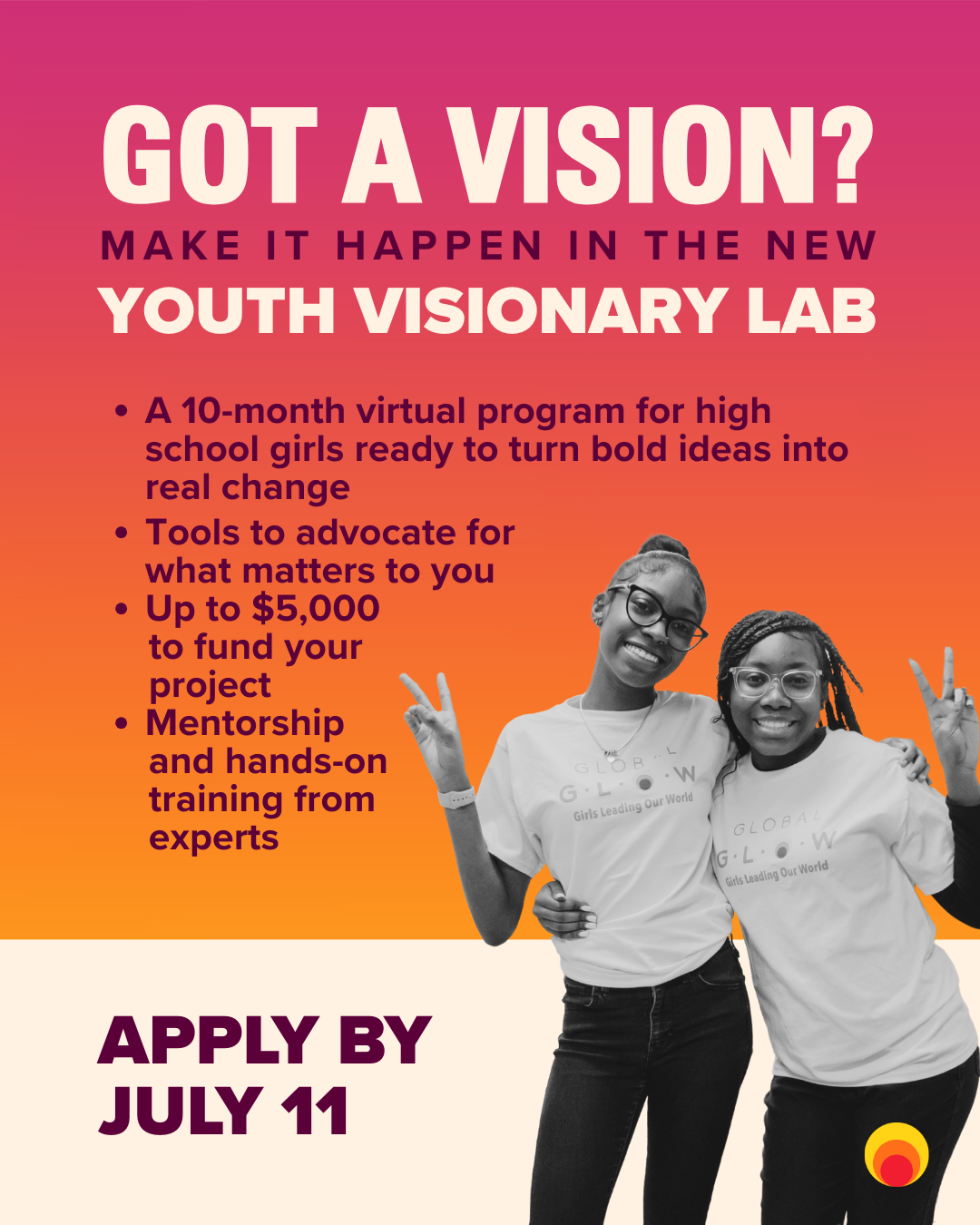The Power of Mentorship in Kenya
Phoebe Ekman is a Global G.L.O.W. Partnership Coordinator from Tumaini La Maisha in Kenya. This is her account, in her own words:
Growing up, I never knew what a mentor was. I was raised in an African world where girls were property and an item for trade. This is most prevalent in the Maasai community, but many other communities in Kenya practiced the same old traditional culture that was so retrogressive to the women. The girls were not as important as boys. Girls were not prioritized in education like the boys. I was brought up in a society where boys were treated as kings and girls were treated as slaves. But times have changed. Many girls have become leaders, raising their voices to be heard. They are speaking out against gender-based violence. They are confident. This is happening because of good mentors, not just in Africa, but all across the world.
I have come to know the importance of mentorship from the hardships I went through in my younger days, and I made it a goal in my life to become a mentor myself. Mentorship is a pathway to girls living in a world where they have equal access to education, the ability to speak freely, and an opportunity to be leaders. Girls and women deserve to lead in a world that has long been dominated by the opposite sex. Mentorship is the key to girls’ realization of all their dreams coming true. Mentorship breaks the cycle of poverty and lack of education that women have experienced for centuries.
Mentors Are Helping Local Girls Lead
In Kisumu, Bungoma, and Seme, we have witnessed girls emerge as leaders in their households and in the community because of the mentors that we have at Tumaini La Maisha (Hope for the Future). The mentors have become such a tool within their communities due to their concern for the mental and psychological well-being of the girl child. Many of the girls are enlightened and are more aware of who they are because the mentors are able to guide and teach them to focus on achieving what their own parents were not able to. The mentors are known as champions in our community because they are able to speak in a way that the girls relate to by giving tangible reasons as to why they should follow a particular path for success in life. Sometimes, the parents are not able to guide the girls on matters that they were not able to tackle in their own lives growing up. For this reason, they really value mentors, mentors when it comes to counseling and speaking to their girls.
Mentors are a beacon of hope in the lakeside community of Kisumu and Seme. These are areas that are prone to sex for fish trade. Mentors have been able to rescue a number of girls from falling prey to the fishermen, who demand sex from girls as young as 12 years old in exchange for fish. This has largely contributed to a rise in HIV/AIDS in this area.
“I strongly believe that the many women and girls who are now world leaders are in their positions because they had good mentors who believed in them.”
I highly doubt that the world today could function without the existence of mentors. This is evident from the work that Global G.L.O.W has initiated and facilitated on the ground. I strongly believe that the many women and girls who are now world leaders are in their positions because they had good mentors who believed in them. TLMs sole purpose is to have mentors whose aim is to produce as many leaders within the communities that the G.L.O.W programs run. This is the Hope that we have for the future of all girls all over the world.


